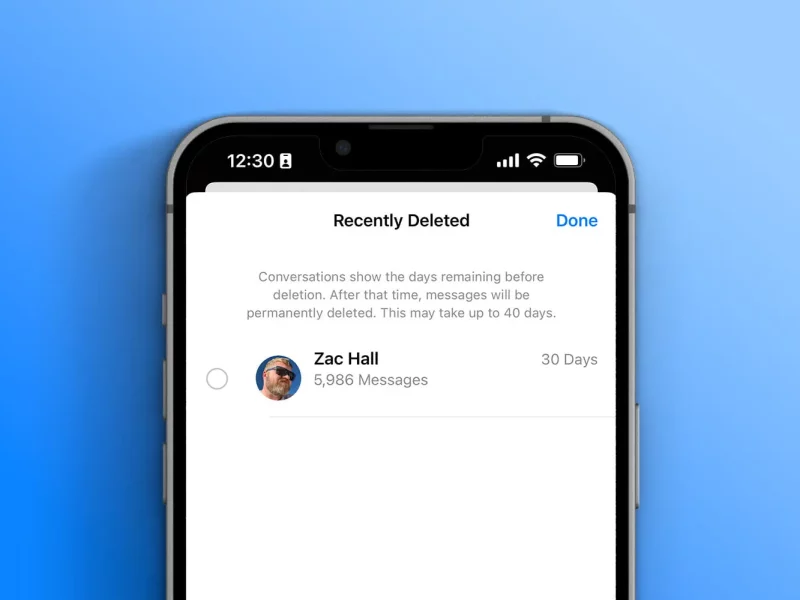Nowadays, modern business plans cannot thrive without social media. Any business can benefit a sense from being active on social media. Several businesses, whether large or small, have leveraged the popularity of social media platforms such as Facebook, Twitter, and Instagram to develop or promote their businesses. Let discuss Social Media Threats and How They Affect Your Business.
Social Media Threats and How They Affect Your Business
However, social media also has its disadvantages, despite its benefits. The threats of social media expand beyond negative headlines and consumer response. Attackers usually employ social media accounts during the discovery process of social engineering or hacking.
Furthermore, social media provides the attackers with a platform to fake known individuals and businesses and the data required to carry out other attacks.
In this blog, let’s talk more about social media risks and some risks of using social media you should be aware of.
What exactly is a “Social Media Threat?”
A social media threat is a security risk from different social networking websites. Cybercriminals use several techniques reliant on the social media network they are targeting.
In most situations, businesses and their staff’s SocMed accounts can use for spying to collect information, generally the primary step in comprising an account. This data can generally use for the subsequent methods of their attacks. Social media platforms may also spoof businesses or people connected with them in phishing efforts.
Now that we understand the explanation about social media threats, let us know more about several social media risks or threats that can affect businesses.
Social Media Threats That Affect Businesses
Identity Theft
Social media platforms are a source of personal data for identity thieves. There are methods for an unauthorized user to get your information, especially if you have the highest security settings on your account. Some social media platforms request basic information like email addresses or birthdates. Identity thieves often use social information to break into email accounts.
Clicking “forgot password” and sending an email is a frequent way to collect personal information. Once a criminal obtains your email, they may access your social media accounts.
Here are some precautions to protect yourself against identity thieves:
Strong password
It is more difficult to guess a stronger password. When generating your password, include special characters such as symbols and capital letters. Also, avoid using “common” passwords like your birthdate or the name of your kids.
Be careful with your status update.
We commonly publish status updates that identity thieves might use to steal our identities. You might post “Happy birthday, mom!” and tag her. Therefore, that tag will include your mother’s maiden name. Identity thieves may get the answer if you publicly post the solution to a common security question.
Keep your location hidden.
Anyone can invent a location or use one from a different city and state. Some data may even be obvious to you. Never enter the city or state where you currently stay.
Reputational Loss
On social networking sites, consumer opinions may spread immediately. Therefore, negative feedbacks and opinions are much more likely to go widespread. With this, businesses must exercise extreme caution regarding their reputation.
Judgmental tweets or comments, misleading statements about products or services, or unethical employee online activity are all examples of self-inflicted reputational loss.
Social Engineering
An attacker may contact employees and convince them to transmit sensitive information, verify their identities, or transfer cash to the attacker by using social engineering techniques.
When carrying out a smart attack, the attacker may impersonate a high-ranking executive to deceive the user who is being targeted into transferring cash to the suspect.
Data Breach
Social media sites, specifically online dating websites, can be used to trap your staff. Their techniques are used to seduce individuals with access to private information into fake relationships through the internet.
After that, the attacker collects data or account information to obtain illegal access to data to take or disclose the information.
Phishing
An attacker may utilize social networking data to spoof the sender of an email and fool consumers into clicking a link or giving sensitive data to the hacker.
The email address of a high-level employee might be spoofing with a message asking the recipient to send money, open a harmful link, or respond with sensitive data.
Brand Hijacking
There is always a possibility that a deceptive third party will use the company’s brand even without the company’s awareness to connect to their customers or prospects, which include private information. Illegal use of brand names and product logos, forgery, and other deceptions are examples of this type of threat.
Several businesses have hired third parties to record all usage and references to their organization’s name on social media platforms to handle complaints and customer and employee concerns.
Competitor Risk
Relying on traditional marketing techniques, customer communications, and collaboration may lead to market share loss to competitors that use social media insights.
Small startups and high-tech businesses use social media to contact clients and markets despite having few employees. It might be disruptive to bigger, more existing competitors if they overlook the implications of social media in niche markets that new competitors can exploit.
Social technologies reduce entry barriers and challenge business strategies by disintermediating the internet.
Malware attack
Although social media messaging channels are also used for malware distribution, email has always been the most popular method. Clicking on an advertising or malicious link is all it requires to get infected. Even malware doesn’t need a download—fileless malware—can be discovered by accessing a malicious website.
The different security mechanisms at your office protect you against the bulk of this malware. Unfortunately, home networks and public Wi-Fi often lack effective security systems to protect you from dangerous viruses. So, having security software for your business or personal use is essential nowadays. Check AVG Ransomware Protection to protect you from the different attacks you may experience to grow your business.
Impersonation
Impersonation attacks, in which hackers create similar identities and post from them, threaten big companies and executives. It is a continuous problem due to the billions of bogus accounts on Instagram, Twitter, and Facebook.
Fake accounts that post or reply to consumers can harm your reputation and lose people’s trust.
Compliance Violations
You risk violating regulatory and privacy rules when your business’s social media profiles aren’t monitored. Your products and services may expose you to trademark or copyright breaches, CCPA violations, privacy rights violations, and more.
Data breaches and leaks have disturbed people about privacy, leading to more rules and regulations businesses must follow. So, it’s important for them all to be careful about their online presence and how they interact with users regarding the security and privacy issues.
Importance of Social Media to Business
Everything makes no difference, whether you own a little business in a nearby town or a large corporation with operations across the country. The growth of social media platforms is more than simply a passing phase. It is an important part of the marketing plan that you have established for your business.
Businesses’ interactions with their consumers build brand recognition, generate leads, and provide social media that have transformed customer service.
Social media platforms have a large, global audience that may fully engage in real-time support with internal marketing, recruiting, and sales.
Here are a few ways how social media might help your business:
- Build brand awareness.
- Attract consumers and strengthen brand loyalty
- Manage customer concerns and complaints
- Conduct market research and obtain customer feedback.
- Recruit employees using social media
- Increase traffic to your website
Final Thoughts
Businesses cannot manage without social media as a key tool for advertising and marketing. However, fraudsters use it as a favored playground as well. Most businesses are exposed to several threats due to social media, including damage and generally harmless trolls. Still, despite these frightening threats, social media can be a very powerful marketing tool for your company.
With suitable systems and controls, social media marketing is an easy and helpful part of your business’s operations that helps develop your online reputation and brings in new leads and revenue.
Also Read: The Best Instagram Growth Services for Organic Followers | Social Shaft | 2022
AUTHOR:
Jennysis Lajom is a former chemist who has a passion for creating content. Her desire to work in content creation, writing, and social media marketing developed from her enthusiasm for digital marketing. She is also a content writer in Microsoft Softvire AU and Microsoft Softvire US.


